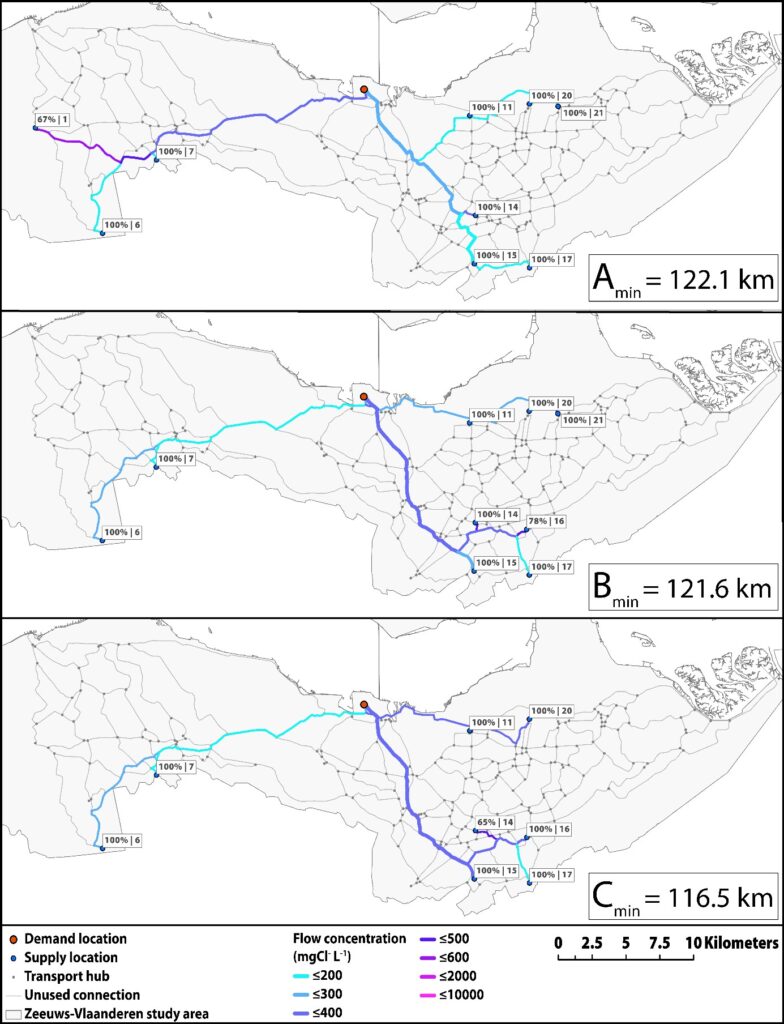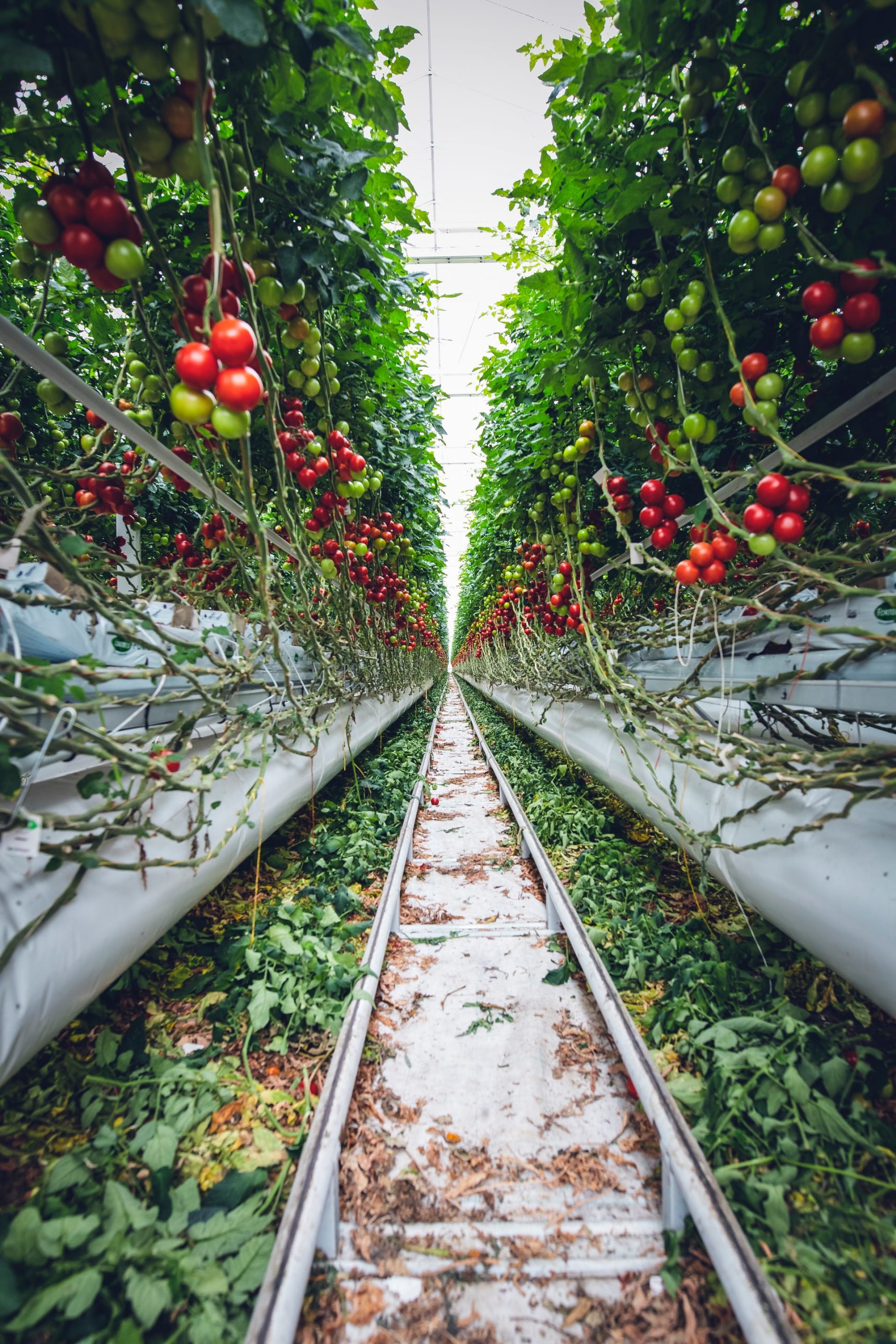Digital tools for the design of the smart water-grid
Joao Carvalho (WUR), Alireza Shefaei (TU/Delft), Peter Verheijen (TU/Eindhoven), Mojtaba Hagi (TU/Eindhoven) and Valdrich Fernandes (WUR) develop multi-time scale decision support toolboxes during their PhD-research to facilitate the design and operation of digitalized smart water-grids. These digital tools range from investment planning in the long-run to operation scheduling in the short-run and real-time monitoring and control. They are guided by Prof. Huub Rijnaarts, Prof. Jeroen Voeten, Dr. Edo Abraham, Dr. Shahab Shariat Torbaghan, Dr. Joeri Willet, Dr. Dip Goswami, Dr. Mircea Lazar, Dr. Ruud Bartholomeus and Dr. Perry de Louw. The modelling work benefits from a close collaboration with KWR Water Research Institute, Deltares and ICT Netherlands B.V.
A digital blueprint of a smart water-grid
There is a need for robust decision making framework that enables optimal planning and operation of regional smart water-grid infrastructure that can adapt to future uncertainties in a regret-free fashion. Therefore, Joao and Alireza will develop a hybrid optimization- and machine learning based decision making framework for designing a climate-robust water-grid. This framework considers various factors, such as newly identified water resources, emerging new water treatment technologies and newly adopted legislative instruments around water reuse. They build upon the tools that were formerly developed in the context of the Water Nexus project for designing a smart water-grid in the fresh water scarce province of Zeeland (see figure 1).

Monitoring of the smart water-grid
Once smart water-grid infrastructures is constructed , it needs to be monitored and controlled in real-time. In this regard, there is a need for a tailored made analytical method that enables real-time monitoring and control of smart water grids that enables delivering water to a wide range of users with a water demand that varies over time. Peter aims to develop a an artificial intelligence that can predict the future water demand followed by a model-predictive control based algorithm to control the grid using the monitored data. This framework can for instance can be used to compute the optimal operation of storage units in the real-time. Mojtaba focusses his work on the development of an monitoring app for phones or tables that allows monitoring and human intervention of the smart water-grid.
Re-design of the regional water system
The implementation of a smart water-grid requires adaptations to the current regional water system. For instance, the reuse of treated wastewater treatment plant effluent results in less discharge of effluent to the natural water system. This could be detrimental for small rivers that depend on treated effluent for their livelihood. Valdrich develops a fast-calculating tool that assesses the impact of a set of integrated measures for improved fresh water availability on regional surface water bodies and subsurface water distribution. He will combine this with the development of a decision-support tool for the regional water authorities that visualizes the impact of these measures on all regional water users, including the natural environment.


